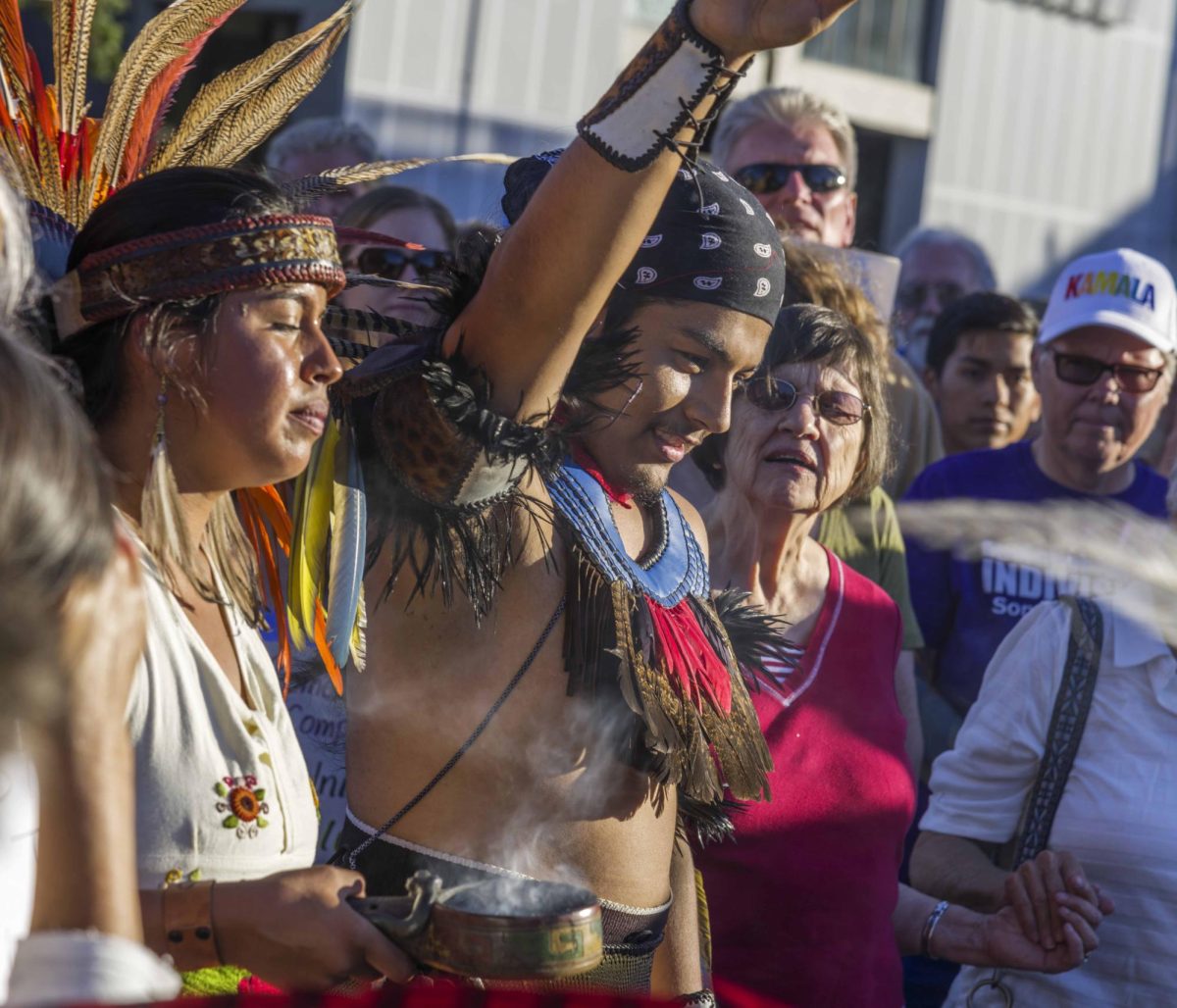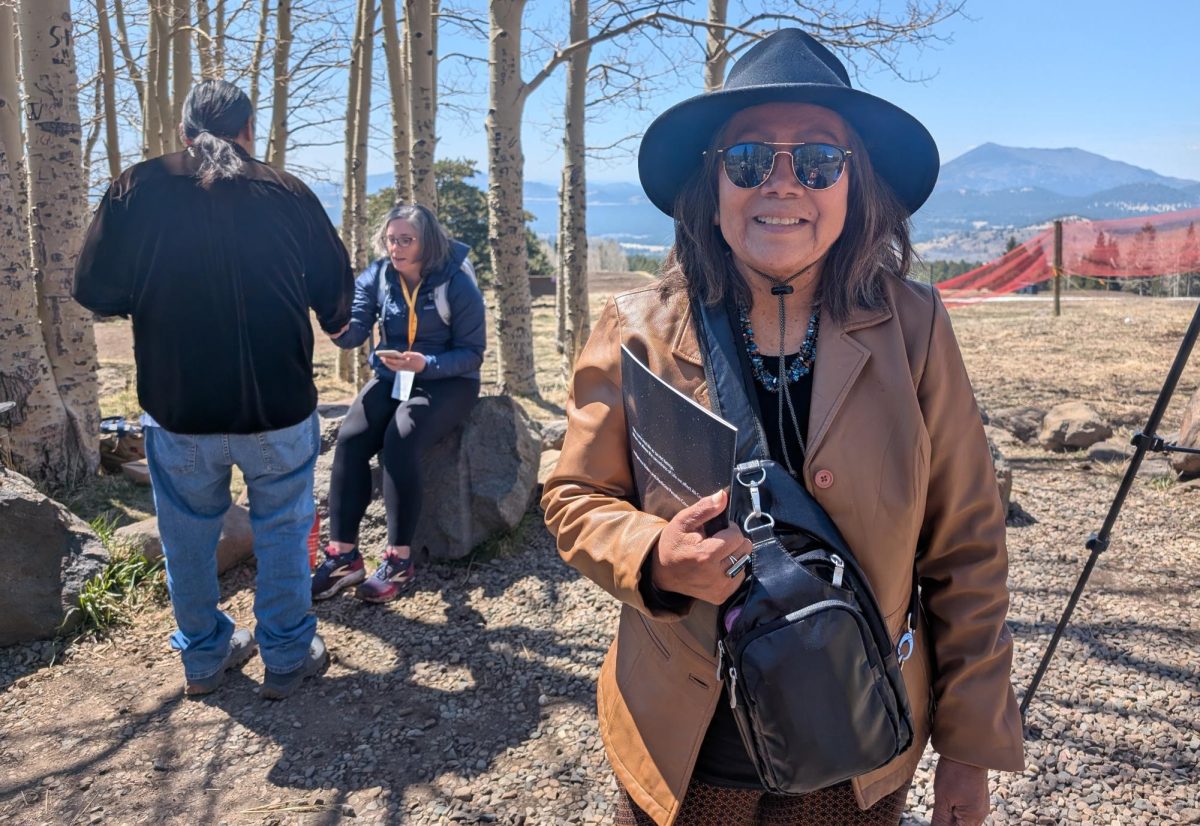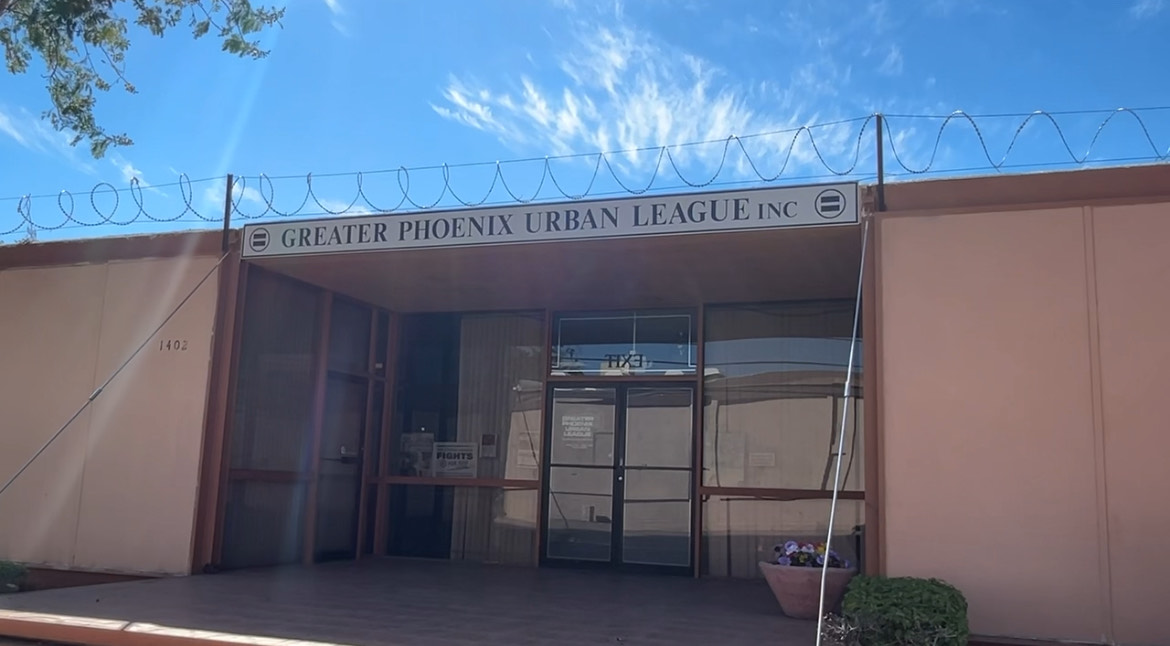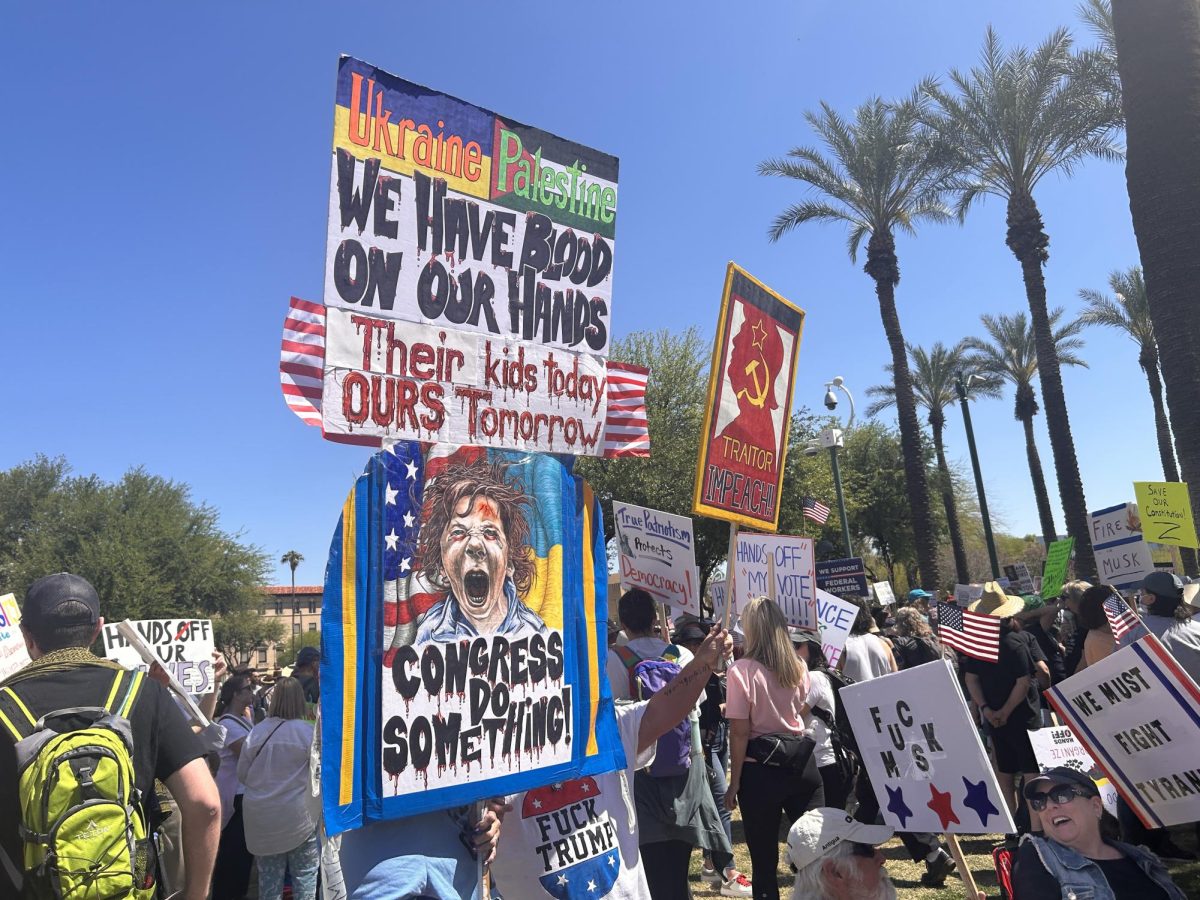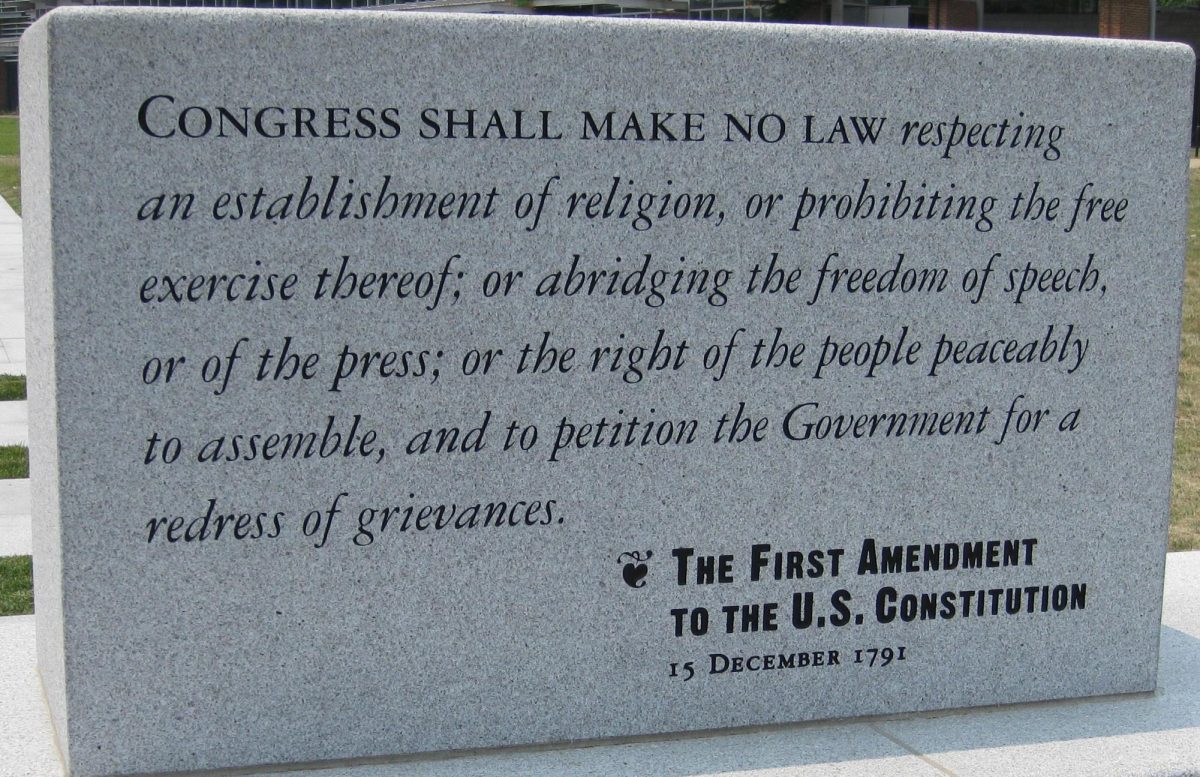It’s vital for Americans to understand and reject the false narrative that non-citizens living in the United States are illegal residents who therefore have no rights and should be deported immediately, regardless of whether they’ve committed a crime or not— this narrative is being incorrectly perpetuated.
One needs to look no further than the Bill of Rights as it applies to all individuals within our borders, not just citizens, and regardless of citizenship status. For example:
The First Amendment guarantees freedom of speech, religion, and assembly.
The Fourth Amendment protects against unreasonable searches and seizures.
The Fifth and Fourteenth Amendments provide due process and equal protection under the law.
The Supreme Court has consistently ruled that these rights extend to non-citizens, including undocumented immigrants (e.g., Yick Wo v. Hopkins in 1886 and Plyler v. Doe in 1982).
And while the following decisions are not found in the Bill of Rights text itself—Supreme Court decisions clarify it. For example:
Yick Wo v. Hopkins (1886): The Court ruled that a San Francisco ordinance violated the Fourteenth Amendment’s equal protection clause for a Chinese non-citizen, stating these protections apply to “all persons within the territorial jurisdiction.”
Wong Wing v. United States (1896): The Court affirmed that non-citizens have due process rights under the Fifth and Sixth Amendments.
Plyler v. Doe (1982): The Court held that undocumented children have a right to public education under the Fourteenth Amendment’s equal protection clause.
In light of President Trump’s hardline orders (as many human rights activists contend his illegal stance) on unauthorized residents and given that Arizona shares a border with Mexico, understanding legal protections is a crucial issue—not merely for non-citizens, but to citizens as well.
With local communities rallying behind the rights of immigrants (like Oli Nevinska, one of the individuals who organized the “Stand with Ukraine” community rally in Central Phoenix a few days before the February 28 White House meeting with Trump, Vance and Ukrainian President Zelensky) and the complexities of immigration policy, understanding legal protections is a crucial issue.
In response to these challenges, local organizations are stepping forward.
“We Have Rights” is one such initiative, offering comprehensive resources that detail the legal protections available to immigrants throughout Arizona. By providing easy-to-understand guides and hosting community workshops, the organization works diligently to counteract divisive political narratives and empower individuals with the knowledge they need to assert their rights.
A February event at Arizona State University highlighted the importance of “Know Your Rights” initiatives, where encounters with Immigration and Customs Enforcement (ICE) on the campus of ASU prompted advocates to supply students and community members with accurate information about their legal standing.
This proactive approach not only protects the rights of all immigrants in America, but also strengthens community resilience against intimidating immigration enforcement practices.
In addition to local efforts, national organizations like the New York Immigration Coalition (NYIC) have extended their advocacy to include support for immigrants facing discrimination and legal hurdles across the country.
Complementing these advocacy efforts, resources such as Immigration Law Help provide a searchable database for Arizonans seeking legal representation.
This tool is invaluable for connecting residents with attorneys who specialize in immigration law.


